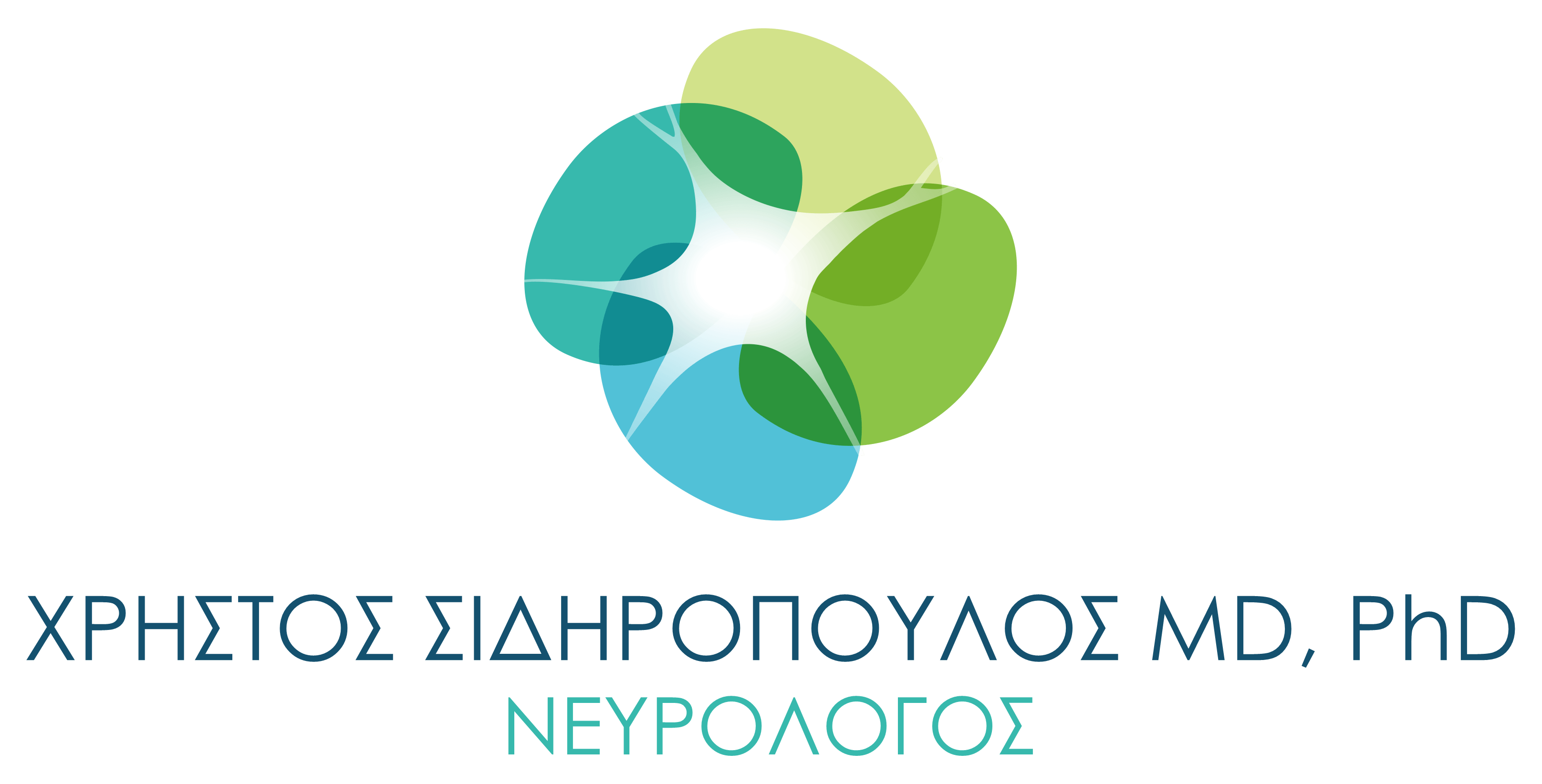Chorea is an involuntary, dance-like, purposeless, repetitive, large amplitude, movement, flowing from one body part to another.
A common and severe chorea is Huntington’s chorea, which can be confirmed by genetic testing.
Other forms of chorea can be drug-induced, like tardive dyskinesia, caused by antipsychotic medications, autoimmune or genetic. Diagnosis and treatment are managed by a neurologist with expertise in movement disorders.


